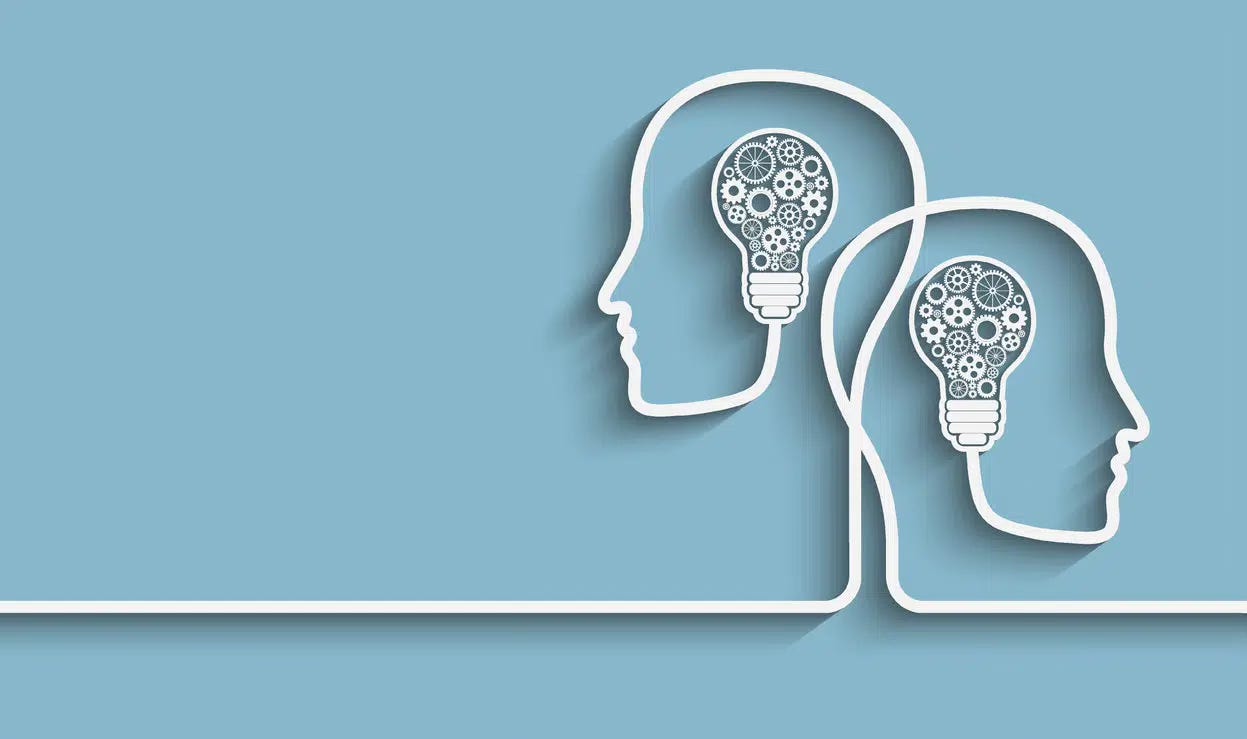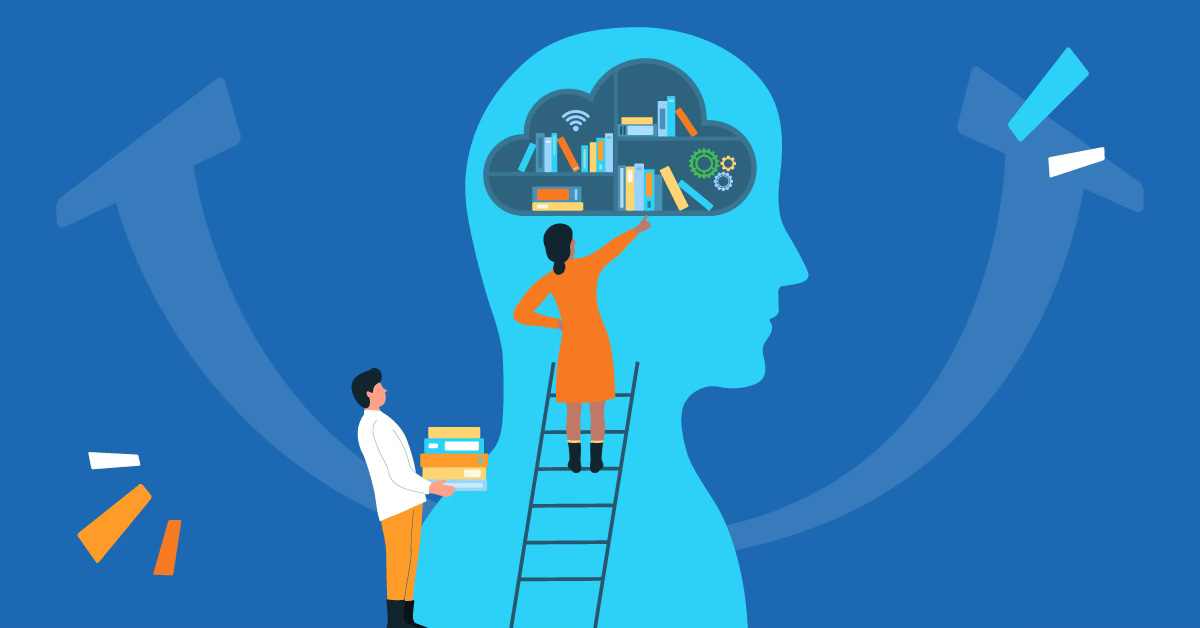When actress Mae West observed that "anything worth doing is worth doing slowly", she wasn't thinking about schools or classrooms or workshops.
Yet her famous dictum applies to learning, too.
After all, the best way to ruin education is to turn it into a rat race. Speed, stress and distraction foster a culture of box ticking. Deep learning takes time. It demands slowness.
To me, ‘slow learning’ is a basic human need – and a basic human right. It is so much more than just doing things more slowly. It's a mindset that can reshape every aspect of education at every age.
Slow learning honours the pace and rhythms of the learner. It encourages:
✅ Deep reflection
✅ Going down rabbit holes
✅ Taking wrong turns
✅ Playing with ideas
✅ Challenging received wisdom
✅ Changing your mind, then changing it again
✅ Finding more meaningful ways to measure achievement
Slow learners are at ease in the rich, liminal space between knowing and not knowing. They are happy to sit in uncertainty, confident that deeper truths await them on the other side.
Slow learning prizes the journey over the destination, understanding over remembering, hard questions over easy answers. It means spending enough time away from screens. To rest and recharge. To move your body in ways that keep you mentally and physically fit.
We need slow learning now more than ever. Why? Artificial intelligence.
By scanning mountains of data and spitting out instant answers, AI delivers the illusion of learning. Yes, it's a powerful tool. I use it a lot in my own work these days. But when we lean on AI too heavily, true learning goes out the window. Because too much speed is inimical to understanding, discovery, memory, creativity, wonder and wisdom.
AI has other drawbacks, too. It makes mistakes that can be hard to spot. It can also lure us into spending more time gazing at screens.
On the upside, AI is now showing real promise as a tool to personalise education. Exciting advances are coming in classrooms across the world. But here too we must tread carefully. Personalisation isn’t just about algorithms. AI will only be a boon to learning if it frees up human teachers to spend more time concentrating on the slow stuff: empathy, inspiration, emotional support, collaboration, nuance.
My takeaway: Let's harness AI to make slow learning the norm across the board.
Because slow learners are exactly the kind of thinkers the world is crying out for right now.







So true, Carl!